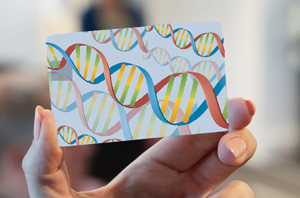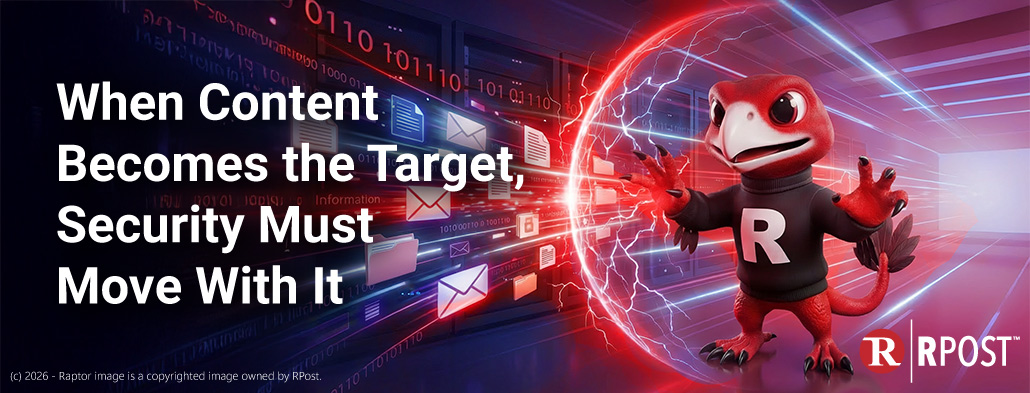
The DHS is using Congress’ “Real ID” Act of 2005 to require all US states to issue new, more robust IDs for air travel originating in the United States.
Has the DHS missed the real opportunity, to consider today’s state of technology? There are already millions upon millions of dollars being spent to upgrade every citizen’s driver’s license to a “Real ID”. Why not, in the same process, associate each one’s retina scan, fingerprint, and DNA to their Real ID? Easy to do and the cost can simply be bundled into the driver’s license renewal fee or process.
Your DMV eye test could simply be adapted to additionally capture your retina image and fingerprint and you could spit into a cup to process your DNA. Or, skip the retina scan and fingerprint, and just wait for technology to be able to determine your retina image and fingerprint from your DNA.
This would really be a “Real ID”.
Maybe there is an even easier way. The Government could simply contract with 23andMe, Ancestry.com, and the others that you submit your spit to “learn about your roots”. These results could be submitted to the government and printed on the back of your Real ID; information gleaned from your DNA, like whether you are pure Homo Sapiens or an interbreed with Neanderthals.
Your Real ID could also include the famous Myers Briggs personality categorization, automated using algorithms that source data from your Facebook posts, Instagram photos, and Gmail correspondence.
So, your government Real ID (of the “near” future) could include your nice photo, plus your biological origins, and your personality (idealistic, caring, passionate, observant, loyal, etc.). Each of these factors could change the perception of others (insurance companies, tax collectors, etc.) of your risk, so they can more easily adapt their approaches, fees, audits based on who you really are (or who they perceive you are from your data).
Sounds good? According to Gartner Inc., a leading technology analyst, a top technology trend for 2019 will be for technology companies to work out how to manage what Gartner calls “Digital Ethics and Privacy”. What do users want stored and analyzed, and what do technology companies store, analyze and have rights to?
This opens a major debate that Tech Essentials predicts will be a topic for 2019 and beyond; in particular, as users knowingly or unknowingly are providing their DNA or personality DNA to technology providers (and their uncapped list of consultants and contractors) every day. For a decade, people have been sharing all of their personal information with their friends (and those friends’ friends…and Facebook app developers, and the companies designing apps to scrape user information for their business purposes).
Today, companies have even more powerful information, that people interested in understanding their heritage are handing to them for them to sell and monetize.
23andMe Terms and Conditions: By choosing to have 23andMe store either your saliva sample or DNA extracted from your saliva, you are consenting to having 23andMe and its contractors access and analyze your stored sample, using the same or more advanced technologies.
New technologies and the potential of “Real ID” programs have greater potential to mishandle your most sensitive private data, far more so than Facebook has done. And, “biobanking” of your DNA provides data on you that is far harder to change than deleting photos from your Facebook or Instagram account.
While it is difficult to enjoy living in today’s modern society and remain “off-the-grid”, you might consider how much information you let big tech siphon off, use, share, and sell. Tech Essentials believe there will be a larger minority of users of technology that begin to become more aware of this eavesdropping overreach, and an even smaller minority that choose to change their behavior as a result.
If you are part of this small minority who cares not to share everything with big tech and their unknown “affiliates and contractors”, Tech Essentials recommends four simple ways to change some of your behavior.
1. Don’t submit your spit for DNA analysis (at least without carefully considering who will forever know your inner self being).
2. Don’t take online personality surveys shared via Facebook and social media. They are simply gathering more data on you for the purpose of building their fortunes at the expense of your privacy.
3. Do consider encrypting your sensitive email — importantly, choose the type of email encryption that suits the need based on the content you send. RMail’s RPX encryption is the only simple-to-use end-to-end encryption service. Microsoft Office 365, Gmail, basic TLS don’t get you there. Some messages may need simple security for compliance, while others may need to remain private from the eavesdropping facilitated by big technology platforms that gather as much information as possible on people and their behaviors. RMail Registered Email™ service has a toggle to switch between these needs in its encryption.
Know more: Free Encrypted Email
4. Consider using an off-the-grid messaging network for your communications that are among your most trusted family members, friends, and business partners. Tech Essentials recommends the most secure service, with perfect anonymity. Read more about OTP one-time pad quantum secure messaging
For special access to get started using Registered Email™ or RMail email encryption services at no cost, CLICK HERE.
.jpg)
February 13, 2026

February 06, 2026

January 30, 2026

January 23, 2026

January 16, 2026